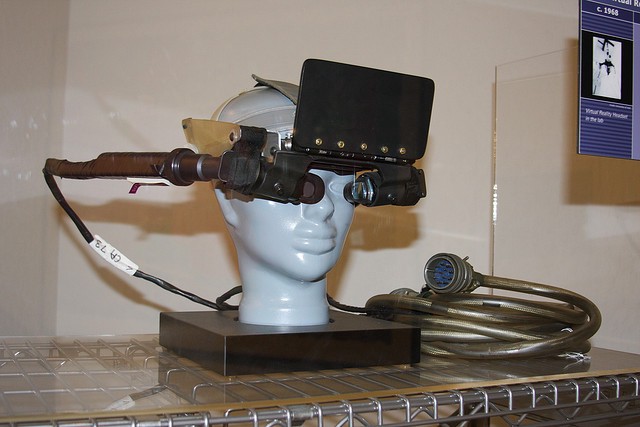Content Distributed
Content Distributed

Near the end of Mike Isaac’s boldly headlined piece on the fifty million dollars that BuzzFeed has raised from the venture capital firm Andreessen Horowitz and what it plans to do with it, he notes:
And the future of BuzzFeed may not even be on BuzzFeed.com. One of the company’s nascent ideas, BuzzFeed Distributed, will be a team of 20 people producing content that lives entirely on other popular platforms, like Tumblr, Instagram or Snapchat.
Right now, “75 percent of BuzzFeed’s traffic comes from referrals from social sites.” From a publisher’s perspective, this is the ideal relationship between it and a “social site”: It plants a stick of dynamite (content) in a mountain (a social network in this dumb metaphor) and hopes it explodes, after which it can mine a precious commodity, eyeballs, which it transmutes into money. But the social sites view this relationship far differently: These “referrals,” which send users to external sites, are not a resource to be harvested, but excreta, a waste byproduct made in the process of extracting users’ attention on a weekly, daily, hourly basis. Efficiency demands that it is, in time, reduced to the minimum tolerable levels, if not outright eliminated.
BuzzFeed Distributed, from the perspective of the social sites, eliminates this waste product: It’s the beginning of an endpoint of a teleology in which web sites complete their transformation from discrete entities to mere stockers of social streams. Facebook is unmentioned by Isaac — in part, perhaps, because BuzzFeed might like to downplay its reliance on Facebook, since it’s often cited as a potential liability with respect to future growth — so a tempting, alternative way to read “distributed” might be “distributed in places that are not Facebook.” But this is clearly not the case, since BuzzFeed already produces video content that lives natively and completely on both Facebook and YouTube — with minimal exhortation to come to BuzzFeed Dot Com — where it performs staggeringly well.
“What Men Are Really Saying When Catcalling Women,” published just four days ago, has nearly a hundred thousand shares and thirty-five thousand Likes on Facebook; on YouTube, it has well over six hundred thousand views. (Indeed, BuzzFeed has noticed that certain types of videos published natively on Facebook or YouTube, depending on the audience, perform much, much better than say, videos posted on BuzzFeed Dot Com that are then shared to those platforms; BuzzFeed Distributed, to the extent that it is an experiment, is built on a hypothesis that is backed up by real, if preliminary, data.) So this is one possible shape of the end of publishing as we’ve known, maybe? A piece posted on a Facebook thing, and then on a Google thing, and nowhere else at all.
Let’s leave aside the question of where the money comes from to produce that content (Facebook will find a way, right???). One curious potential side effect is that, but for the power and wisdom of The Algorithms, the Bored Panda problem will only grow: When all content lives wholly and completely on Facebook (or Yo or Tumblr or Push for Pizza) who cares where it comes from? There’s already a certain apathy toward the origin of things — that’s how we wound up with Distractify pulling in twenty-one million uniques in its second month, Ashton Kutcher funding “fastest-growing site in the history of the internet,” and ViralNova. At least, for now, they exist as (slightly) separate entities.
What we’ll have, at best maybe, are channels in a single viewfinder, probably one owned by Facebook, sort of like the screen on the back of an airplane seat: Maybe you’ll watch the BuzzFeed comedy channel, then be shown the New Yorker reporting channel when an algorithm detects you’re feeling Ambitious or Smart, until it sees that you’re not all that engaged with the Dexter Filkins’ account of the latest skirmish in Iraq (you didn’t even look at the share buttons), so then maybe you’d like to peek the NBC Universal reality channel (you did Like Top Chef the other day) or the Vice Noisey channel for some music to perk you up since you were listening to some weird dance stuff through Spotify the other day. The future may be unevenly distributed, particularly for producers, but not for their content: it will be smoothly, cleanly, perfectly so.
Photo by Pargon
(Disclosures: The current editors of The Awl, after being bred together in a small petri dish in the back of the refrigerator that holds the cold brew at BuzzFeed, resided there for a time, producing a technology vertical from underneath a stack of seltzer cans.)
